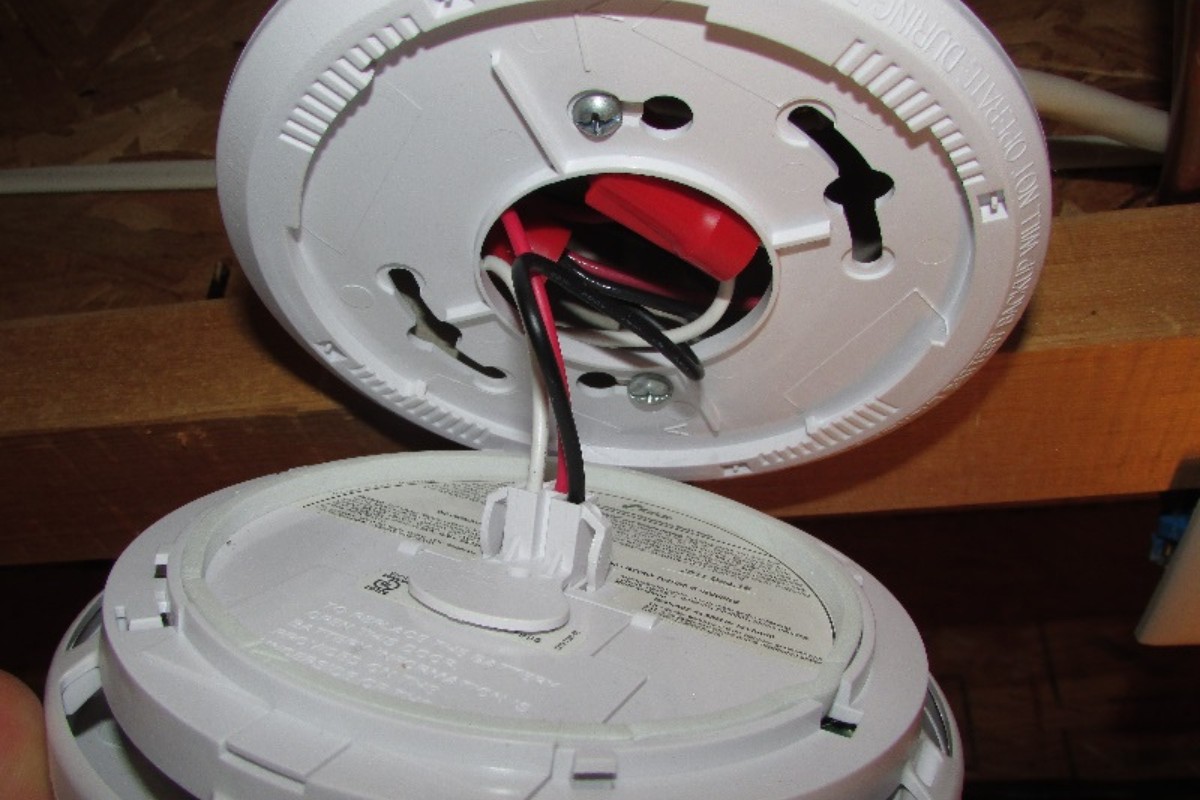

Articles
What Is A Hardwired Smoke Detector?
Modified: February 24, 2024
Learn all about hardwired smoke detectors in this informative article. Discover how they work and why they are a crucial safety feature in every home.
(Many of the links in this article redirect to a specific reviewed product. Your purchase of these products through affiliate links helps to generate commission for Storables.com, at no extra cost. Learn more)
Introduction
Welcome to the world of home safety! In today’s modern society, it is crucial to prioritize the safety and well-being of ourselves and our loved ones. One essential component of a safe home is a smoke detector, a device that can save lives by alerting us to the presence of smoke or fire. While there are different types of smoke detectors available, one popular option is the hardwired smoke detector.
In this article, we will explore what a hardwired smoke detector is, how it works, the benefits it offers, the installation process, maintenance and testing procedures, and even comparison with battery-powered smoke detectors. We will also delve into common issues and troubleshooting techniques related to hardwired smoke detectors. So, buckle up and let’s dive in!
A hardwired smoke detector, as the name implies, is a smoke detection device that is connected to your home’s electrical system. Unlike battery-powered smoke detectors that rely solely on batteries, hardwired models use both electricity and battery backup to ensure continuous functionality.
The key feature of a hardwired smoke detector is its ability to receive power directly from your home’s electrical system, usually through a dedicated circuit. This makes it a more reliable option compared to battery-powered detectors, which can fail if the batteries run out of charge or are not regularly replaced.
Hardwired smoke detectors typically consist of a detector unit, a control panel, and interconnected wiring. The detector unit is responsible for sensing smoke or fire, while the control panel manages the detector’s operation. Interconnected wiring allows multiple smoke detectors in different areas of the house to communicate with one another, ensuring swift and synchronized alarm activation if smoke or fire is detected.
Now that we have a basic understanding of what a hardwired smoke detector is, let’s take a closer look at how it works.
Key Takeaways:
- Hardwired smoke detectors offer reliable, interconnected, and consistent performance with the added advantage of a battery backup system. They play a crucial role in protecting homes and loved ones from the dangers of smoke and fire.
- Regular maintenance, testing, and prompt troubleshooting are essential for ensuring the continued functionality of hardwired smoke detectors. By taking proactive steps, homeowners can achieve peace of mind knowing they have taken important measures to protect their homes.
Read more: How To Install A Hardwired Smoke Detector
Definition of a Hardwired Smoke Detector
A hardwired smoke detector is a type of fire safety device that is directly connected to your home’s electrical system. Unlike battery-operated smoke detectors, hardwired smoke detectors are powered by your home’s electricity and have a backup battery in case of power outages. They are typically installed on the ceiling or wall of each level of your home.
Hardwired smoke detectors are designed to detect the presence of smoke particles in the air. When smoke enters the detector, it triggers an alarm that emits a loud sound to alert occupants of potential danger. This early warning system provides you with valuable time to evacuate the premises and seek safety before the fire spreads.
One of the distinguishing features of a hardwired smoke detector is its ability to connect to other smoke detectors in your home through interconnected wiring. This means that if one detector detects smoke or fire, all interconnected detectors will sound their alarms to ensure that everyone in the house is alerted, regardless of their location.
In addition to the interconnected feature, hardwired smoke detectors also come equipped with a battery backup system. This backup battery ensures that the detector remains fully operational even during power outages. It is essential to regularly check and replace the backup battery to maintain the functionality of the smoke detector.
It is important to note that hardwired smoke detectors should be professionally installed by a licensed electrician to ensure proper wiring and functionality. They should also be periodically inspected and tested to ensure they are in good working condition.
Overall, hardwired smoke detectors provide a reliable and effective means of detecting and alerting occupants to the presence of smoke or fire in the home. Their interconnected capability and backup battery system make them an essential component of a comprehensive fire safety plan.
How a Hardwired Smoke Detector Works
Understanding how a hardwired smoke detector works is crucial for maximizing its effectiveness in detecting and alerting occupants to the presence of smoke or fire. While the specific mechanisms may vary between different models, the general operation of a hardwired smoke detector can be outlined as follows:
1. Smoke Detection: The primary function of a hardwired smoke detector is to sense smoke particles in the air. This is achieved through a combination of optical or ionization sensors. Optical sensors use a beam of light that, when obstructed by smoke particles, triggers the alarm. Ionization sensors, on the other hand, detect changes in the electrical currents caused by smoke particles.
2. Power Supply: Hardwired smoke detectors are directly connected to your home’s electrical system. They receive power through a dedicated circuit, which ensures a constant supply of electricity. In case of a power outage, the detector also has a backup battery to keep it operational.
3. Interconnected Operation: Hardwired smoke detectors can be interconnected through a series of wires. This allows multiple detectors throughout your home to communicate with one another. When one detects smoke or fire, it sends a signal to all interconnected detectors, triggering their alarms simultaneously. This feature ensures that everyone in the house is alerted in case of an emergency.
4. Alarm Activation: When smoke is detected, the hardwired smoke detector activates its built-in alarm system. This alarm emits a loud sound, typically around 85 dB, to alert occupants of potential danger. The alarm is designed to be loud enough to be heard throughout the house, even when occupants are sleeping.
5. Visual Indicators: In addition to the audible alarm, many hardwired smoke detectors also include visual indicators, such as flashing lights. These indicators can assist those with hearing impairments or those who may be in a different part of the house, away from the sound of the alarm.
6. Battery Backup: Hardwired smoke detectors have a built-in battery backup system. This backup battery ensures that the detector continues to function even during a power outage. It is important to regularly test and replace the backup battery to ensure the detector’s reliability.
By following these steps, a hardwired smoke detector can quickly detect the presence of smoke or fire and alert occupants, potentially saving lives and minimizing property damage. Regular maintenance and testing are essential to ensure the continued effectiveness of the detector.
Benefits of Hardwired Smoke Detectors
Hardwired smoke detectors offer numerous benefits that make them a popular choice for homeowners looking to enhance their fire safety measures. Let’s explore some of the key advantages of opting for hardwired smoke detectors:
1. Reliable Power Source: One of the significant advantages of hardwired smoke detectors is their direct connection to your home’s electrical system. This ensures a reliable power source, eliminating the need to constantly check and replace batteries. With a continuous power supply, you can have peace of mind knowing that your smoke detectors are always operational.
2. Battery Backup: While hardwired smoke detectors rely on electricity, they also come equipped with a battery backup system. This backup battery ensures that the detectors remain fully functional during power outages, when electrical power may be unavailable. The battery backup acts as an extra layer of protection, allowing the detectors to continue detecting smoke and sounding alarms even when the electricity is down.
3. Interconnected Capability: Hardwired smoke detectors can be interconnected, meaning that if one detector detects smoke or fire, all interconnected detectors in your home will sound their alarms simultaneously. This ensures that everyone in the house is alerted, regardless of their location. Interconnected detectors significantly improve response time, allowing for quick action in the event of an emergency.
4. Whole-Home Coverage: By strategically placing hardwired smoke detectors on each level of your home, you can ensure comprehensive coverage. This is particularly important for larger homes or homes with multiple stories, where the sound of an alarm from a single detector may not be enough to alert everyone. By having interconnected hardwired detectors, the alarm will sound throughout the entire house, giving occupants the best chance to evacuate safely.
5. Consistent Performance: Hardwired smoke detectors are designed to offer consistent performance over their lifespan. They are less susceptible to false alarms caused by low battery issues, which can be a common annoyance for battery-powered detectors. With a reliable power supply and interconnected wiring, hardwired detectors provide consistent and accurate smoke detection.
6. Single Installation: Unlike battery-powered smoke detectors that require individual installations and mounting, hardwired smoke detectors are typically installed by a licensed electrician. Once installed, all detectors in the house are connected through wiring. This means that if one detector needs maintenance or replacement, you only need to deal with a single unit, simplifying the process.
7. Compliance with Building Codes: In many jurisdictions, hardwired smoke detectors are a requirement for building code compliance. Installing hardwired smoke detectors not only ensures the safety of your home and its occupants but also satisfies legal obligations and potentially reduces insurance costs.
In summary, hardwired smoke detectors offer reliable, interconnected, and consistent performance with the added advantage of a battery backup system. By providing comprehensive coverage and improving response time, they play a crucial role in protecting your home and loved ones from the dangers of smoke and fire.
Installation Process of Hardwired Smoke Detectors
Installing hardwired smoke detectors is a task that is best left to a licensed electrician to ensure proper installation and compliance with electrical codes. However, it is still useful to understand the general steps involved in the installation process. Here is an overview of the typical installation process for hardwired smoke detectors:
1. Choose the Locations: Determine the optimal locations for installing the hardwired smoke detectors. It is recommended to have at least one detector on each level of your home, including the basement and attic. Additionally, place detectors near bedrooms and sleeping areas to provide early warning in case of a fire at night.
2. Turn Off the Power: Before beginning any electrical work, turn off the power to the circuit you will be working on. Locate the circuit breaker that controls the circuit and switch it off.
3. Prepare the Mounting Plate: Remove the mounting plate from each smoke detector and hold it against the ceiling or wall in the desired location. Use a pencil or marker to mark the screw holes on the surface.
4. Drill Holes: Use a drill and appropriate drill bit size to create holes for screw anchors, if necessary. Insert the screw anchors into the holes to provide stability for the mounting plate.
5. Connect the Wiring: Depending on the type of hardwired smoke detector you have, there may be several wires to connect. Common wire colors include black (hot), white (neutral), and red (interconnect). Follow the manufacturer’s instructions and consult with an electrician to ensure proper wiring connections.
6. Mount the Detector: Once the wiring is properly connected, align the mounting plate with the screw holes and secure it to the ceiling or wall using screws provided with the smoke detector. Ensure that it is securely fastened.
7. Attach the Smoke Detector: Carefully attach the smoke detector unit to the mounting plate, ensuring that it snaps or screws into place securely.
8. Test the Detector: Turn the power back on at the circuit breaker and test the detector to ensure it is functioning properly. Follow the manufacturer’s instructions on how to test the smoke detector. This typically involves pressing a test button and listening for the alarm sound.
9. Repeat the Steps: Repeat the above steps for each additional hardwired smoke detector in your home.
10. Label the Detectors: Once all the detectors are installed and tested, label each one with its corresponding location (e.g., “Living Room,” “Master Bedroom”) for easy identification during maintenance and testing.
Remember, it is important to consult with a licensed electrician to ensure a safe and proper installation of hardwired smoke detectors. They have the knowledge and expertise to handle electrical connections and ensure compliance with local building codes. Regular maintenance and testing are essential to ensure the continued functionality of the detectors and the safety of your home and loved ones.
When installing a hardwired smoke detector, make sure to connect it to your home’s electrical system and also install a backup battery to ensure it continues working during power outages.
Read also: 8 Amazing Smoke Detector Hardwired for 2024
Maintenance and Testing of Hardwired Smoke Detectors
Maintaining and testing hardwired smoke detectors is crucial to ensure their continued effectiveness in protecting your home and loved ones from the dangers of smoke and fire. Regular maintenance and testing help to identify any issues and ensure that the detectors are functioning properly. Here are some important steps to follow for the maintenance and testing of hardwired smoke detectors:
1. Read the Manufacturer’s Instructions: Start by reading the manufacturer’s instructions that come with your specific hardwired smoke detectors. These instructions provide valuable information on how to properly maintain and test your detectors, as well as any specific recommendations or requirements.
2. Clean and Dust Regularly: Dust and debris can accumulate on the surface and inside the detectors, potentially affecting their performance. Regularly clean the detectors using a soft brush or vacuum cleaner to remove dust and debris. Be gentle to avoid damaging any components.
3. Check for Damages: Inspect the detectors for any visible damages, such as cracked or broken covers. If you notice any damages, contact a licensed electrician to have the detectors repaired or replaced promptly.
4. Test the Detectors Monthly: It is recommended to perform a monthly test to ensure the detectors are functioning correctly. Follow the manufacturer’s instructions on how to test your specific detector model. Typically, this involves pressing and holding the test button until the alarm sounds. If the alarm does not sound or the sound is weak, contact an electrician to address the issue.
5. Replace Batteries: Even though hardwired smoke detectors receive power from your home’s electrical system, they still have backup batteries. The backup batteries should be replaced regularly according to the manufacturer’s recommendations, typically every 6 to 12 months, or when the low battery indicator signals the need for a replacement.
6. Perform Interconnection Testing: If your hardwired smoke detectors are interconnected, it is essential to test the interconnection regularly to ensure all detectors are properly communicating with each other. Activating the alarm on one detector should trigger the alarms on all interconnected detectors. If the interconnection is not working correctly, contact an electrician to troubleshoot and resolve the issue.
7. Replace Detectors According to Recommendations: Hardwired smoke detectors have a recommended lifespan, usually around 8 to 10 years. It is important to replace the detectors once they have reached their expiration date or when recommended by the manufacturer. Over time, the sensors and components in the detectors may lose their effectiveness, compromising their ability to detect smoke accurately.
8. Keep Records: Maintain a record of maintenance and testing activities for each hardwired smoke detector in your home. This record should include the date of testing, any notes or observations, and the date of battery replacement or detector replacement. Having records can help you track the maintenance history and ensure that you are staying on top of the necessary tasks.
Remember, while you can perform regular maintenance and testing on hardwired smoke detectors yourself, it is always recommended to consult with a licensed electrician for any significant issues or if you are unsure about any aspects of maintenance and testing. They have the expertise to handle electrical connections and troubleshoot any problems that may arise.
Comparison between Hardwired and Battery-Powered Smoke Detectors
When it comes to selecting a smoke detector for your home, you have a choice between hardwired and battery-powered models. Understanding the differences between these two options will help you make an informed decision. Here, we compare hardwired and battery-powered smoke detectors based on several key factors:
1. Power Source: The most significant difference between hardwired and battery-powered smoke detectors is their power source. Hardwired detectors are directly connected to your home’s electrical system and receive power through a dedicated circuit, whereas battery-powered detectors rely solely on batteries for power.
2. Reliability: Hardwired smoke detectors are generally considered more reliable than battery-powered ones. Hardwired detectors do not depend on batteries, which can fail if they run out of power or are not regularly replaced. This ensures that hardwired detectors always have a consistent power supply and are less likely to experience power-related issues.
3. Battery Backup: While hardwired smoke detectors have a consistent power supply, they also incorporate a backup battery system to ensure functionality during power outages. On the other hand, battery-powered smoke detectors solely rely on their batteries. This means that battery-powered detectors may be more susceptible to failure if the batteries are not adequately maintained or replaced.
4. Installation: Installing hardwired smoke detectors requires electrical wiring connections, which is typically done by a licensed electrician. This ensures proper installation and compliance with electrical codes. In contrast, battery-powered detectors are easier to install as they do not require electrical wiring. They can be mounted on a wall or ceiling using screws or adhesive pads.
5. Interconnectivity: Hardwired smoke detectors can be interconnected, meaning that if one detector detects smoke or fire, all interconnected detectors in your home will sound their alarms simultaneously. This ensures that everyone in the house is alerted, regardless of their location. Battery-powered detectors, on the other hand, typically do not have built-in interconnectivity features.
6. Maintenance: Battery-powered smoke detectors require regular battery checks and replacements to ensure proper functioning. Hardwired detectors, although they have backup batteries, still need periodic battery replacements. However, hardwired detectors typically have a longer lifespan as they are consistently powered.
7. Cost: In terms of initial cost, battery-powered smoke detectors are generally less expensive than hardwired models. However, hardwired detectors may provide long-term cost savings as they do not require frequent battery replacements.
8. Compliance: Building codes and regulations may require hardwired smoke detectors in certain jurisdictions, especially in new constructions or renovations. Battery-powered detectors may not meet these requirements, so it is essential to check local regulations and adhere to them.
Ultimately, the choice between hardwired and battery-powered smoke detectors depends on your specific needs, budget, and preferences. Hardwired detectors offer increased reliability and interconnectivity but require professional installation. Battery-powered detectors are easier to install and are often more affordable upfront but may require frequent battery replacements. Consider your home’s electrical setup, local regulations, and desired level of convenience before making a decision.
Common Issues and Troubleshooting with Hardwired Smoke Detectors
While hardwired smoke detectors are designed to be reliable and effective, they can encounter issues that affect their functionality. Understanding common issues and troubleshooting techniques can help you address these problems promptly. Here are some common issues you may encounter with hardwired smoke detectors and how to troubleshoot them:
1. False Alarms: False alarms can be triggered by cooking smoke, steam, or dust. To minimize false alarms, make sure your detectors are installed away from kitchens, bathrooms, and areas with high humidity. Regularly clean the detectors to remove dust and debris that can interfere with their sensors.
2. Intermittent Beeping: If your hardwired smoke detector emits an intermittent beep, it could indicate a low battery. Check the backup battery and replace it if needed. Ensure that the battery is properly connected to the detector.
3. No Power: If your hardwired smoke detector does not seem to be receiving power, first check the circuit breaker to make sure it hasn’t tripped. If the circuit is functioning properly, check the wiring connections on both the detector and the control panel. Loose or faulty wiring can disrupt the power supply.
4. Interconnectivity Issues: If your hardwired smoke detectors are interconnected and you notice that one detector is not triggering the others, check the interconnect wiring. Ensure that all detectors are properly connected, and the wiring is intact. If the issue persists, consult with an electrician to troubleshoot further.
5. Malfunctioning Test Button: If the test button on your hardwired smoke detector does not trigger the alarm, it may indicate a problem with the detector’s internal circuitry. Try cleaning the test button with a soft cloth and pressing it again. If the alarm still does not sound, it may be necessary to replace the detector.
6. Expired Detectors: Hardwired smoke detectors have a recommended lifespan, usually around 8 to 10 years. If your detectors have reached or exceeded their expiration date, replace them with new ones to ensure reliable smoke detection.
7. Alarm Not Loud Enough: If you find that the alarm sound from your hardwired smoke detectors is not loud enough, check the volume settings on the detectors. Some models allow adjusting the alarm sound level. Additionally, consider installing additional detectors in areas where the sound may not reach, such as large or multi-story homes.
8. Malfunctioning Backup Battery: If the backup battery in your hardwired smoke detector fails to provide power during a power outage, check the battery connection and ensure it is properly installed. If the issue persists, replace the backup battery with a new one that is compatible with your specific detector model.
If you encounter any issues that you are unable to resolve through troubleshooting, it is recommended to contact a licensed electrician or the manufacturer’s customer support for further assistance. Regular maintenance, testing, and prompt troubleshooting can help ensure that your hardwired smoke detectors function properly and provide reliable protection for your home and family.
Conclusion
Hardwired smoke detectors are an essential component of a comprehensive home safety system. With their direct connection to your home’s electrical system and backup battery, they provide reliable and continuous protection against the dangers of smoke and fire. By understanding their definition, how they work, and their benefits, you can make an informed decision and choose the right smoke detection solution for your home.
The installation of hardwired smoke detectors ensures a reliable power source and the ability to interconnect multiple detectors, providing enhanced safety and a synchronized response in the event of smoke or fire. Regular maintenance and testing, such as cleaning, checking for damages, testing the detectors, and replacing batteries, are essential to ensure their continued functionality.
When comparing hardwired and battery-powered smoke detectors, consider factors such as reliability, power source, ease of installation, interconnectivity, and maintenance requirements. While hardwired detectors offer the advantage of a reliable power source and interconnectivity, battery-powered detectors are generally more cost-effective and easier to install.
Common issues with hardwired smoke detectors, such as false alarms, power interruptions, interconnectivity problems, and malfunctioning components, can be resolved through troubleshooting techniques. However, it is important to consult with a licensed electrician for complex issues or if you are unsure about performing any electrical work.
In conclusion, the safety of your home and loved ones should always be a top priority. Investing in hardwired smoke detectors, ensuring their proper installation, regular maintenance, and testing is essential in providing early detection and alerting everyone to potential smoke or fire hazards. By taking proactive steps to address issues and keep your detectors in optimal condition, you can achieve peace of mind knowing that you have taken important measures to protect your home from the threats of smoke and fire.
Frequently Asked Questions about What Is A Hardwired Smoke Detector?
Was this page helpful?
At Storables.com, we guarantee accurate and reliable information. Our content, validated by Expert Board Contributors, is crafted following stringent Editorial Policies. We're committed to providing you with well-researched, expert-backed insights for all your informational needs.
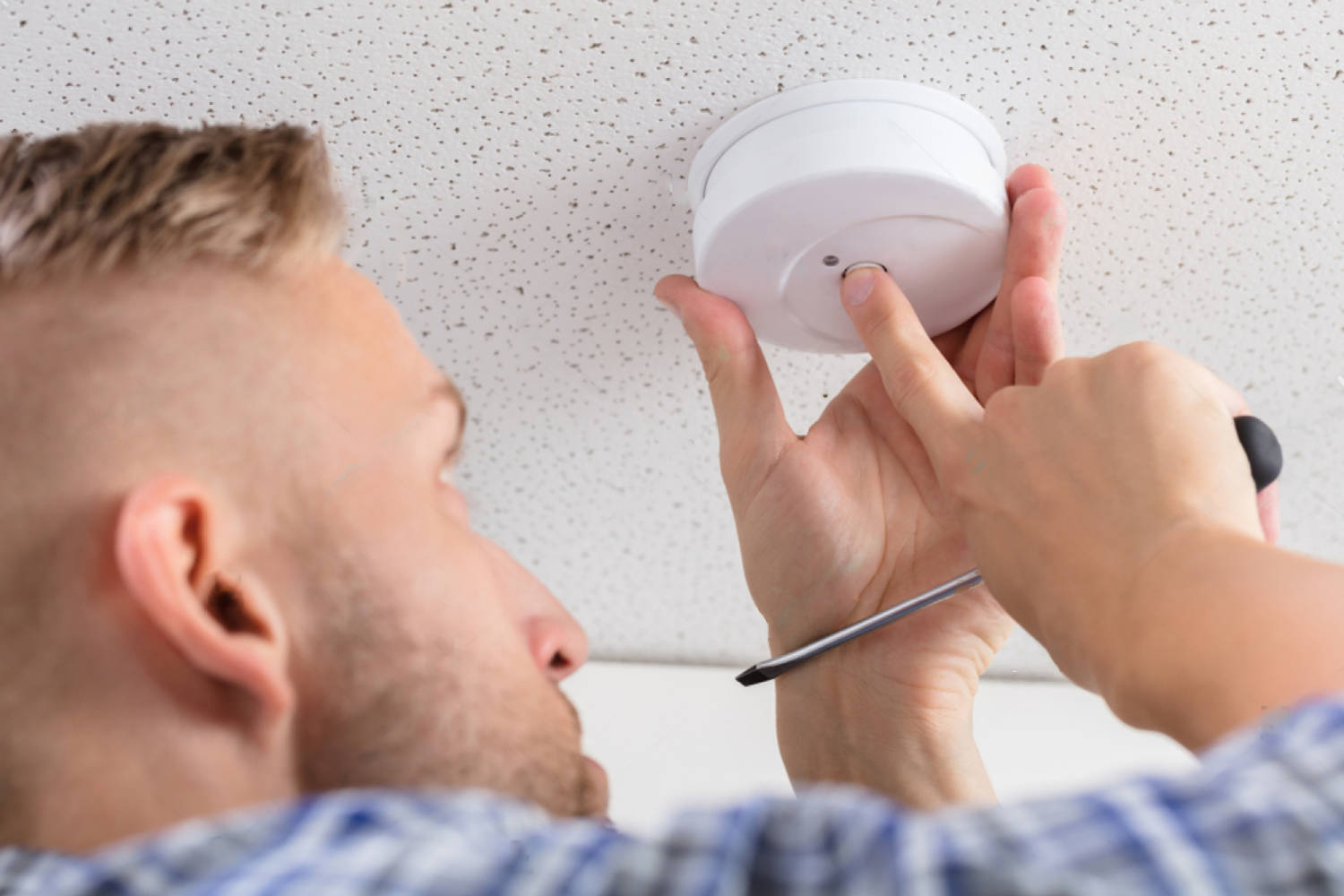
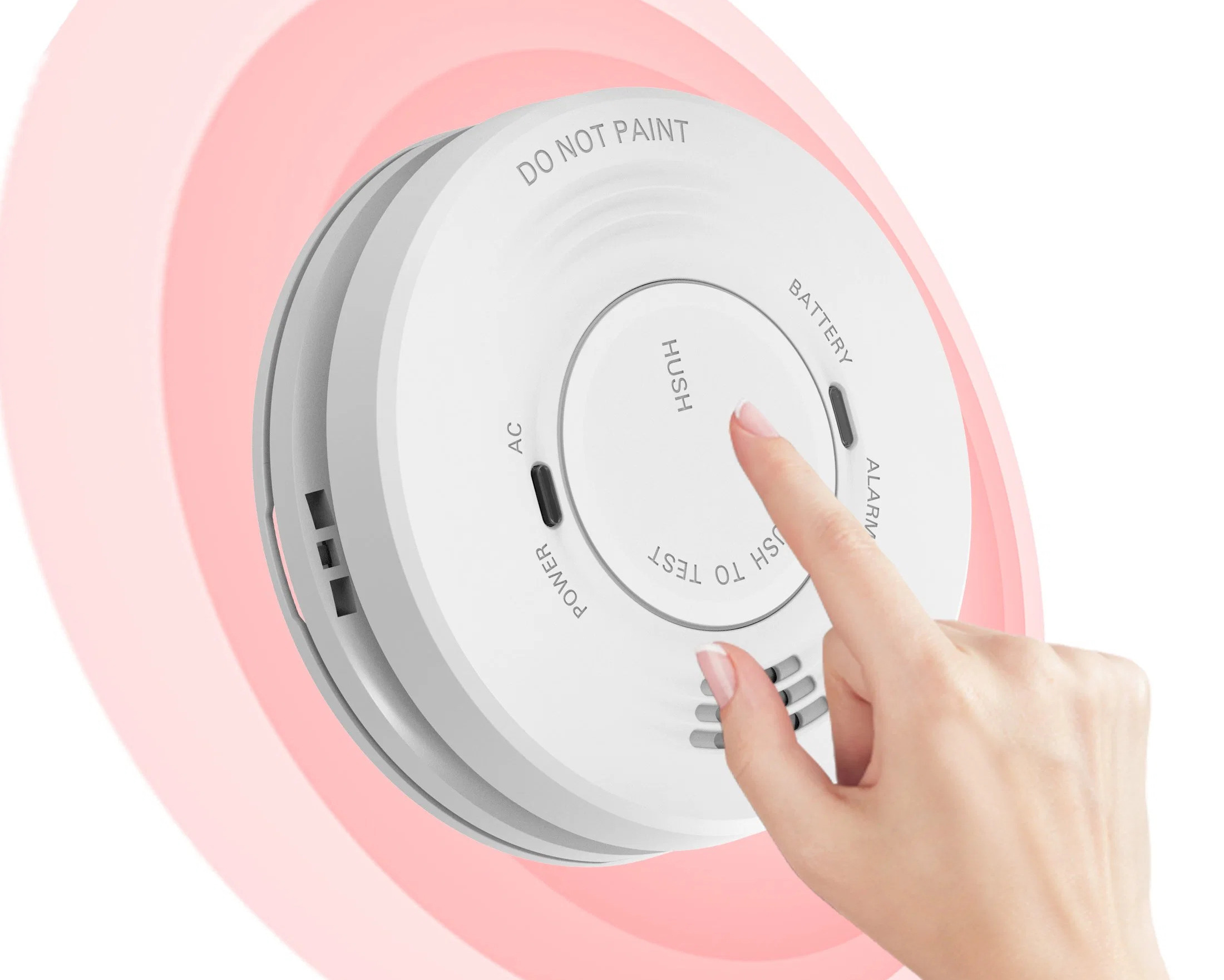
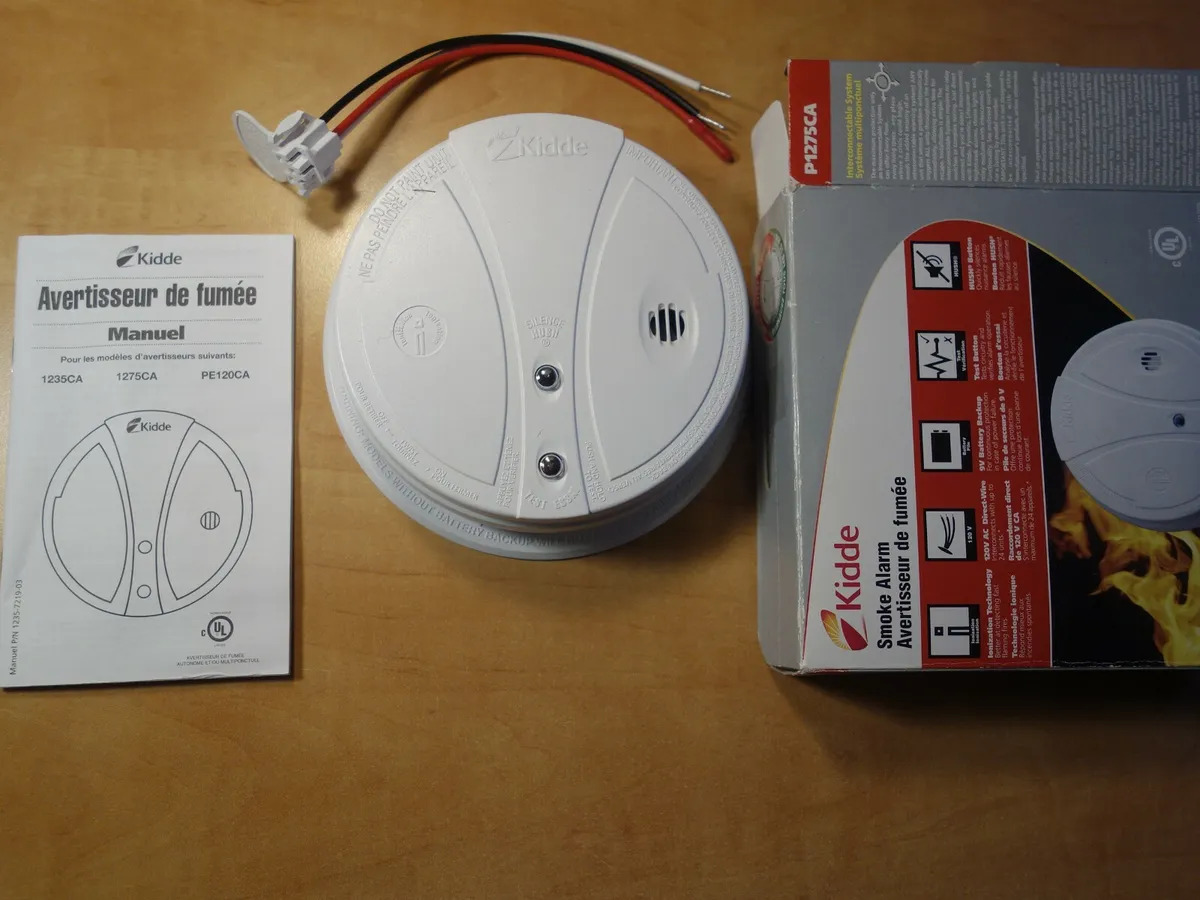
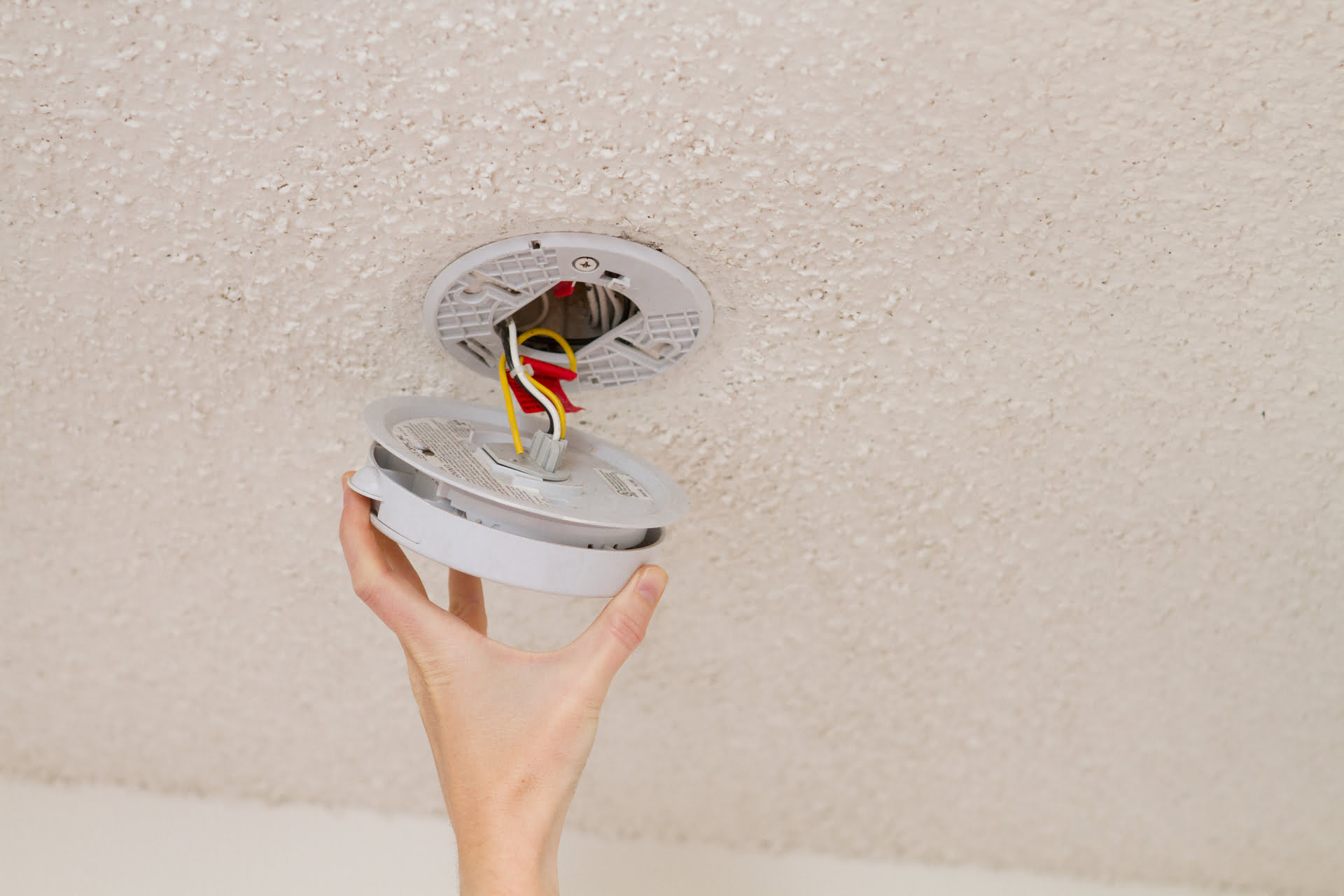
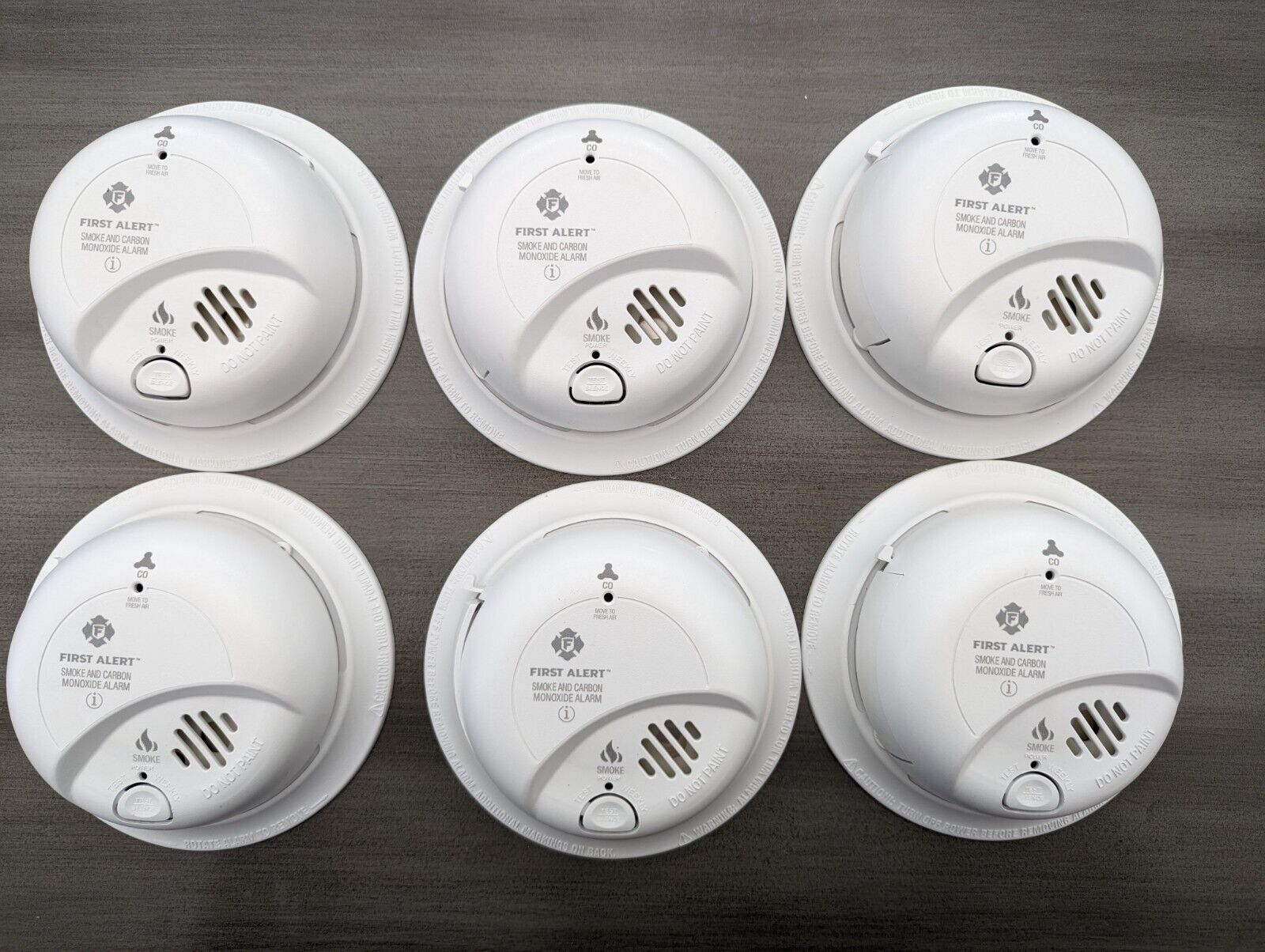
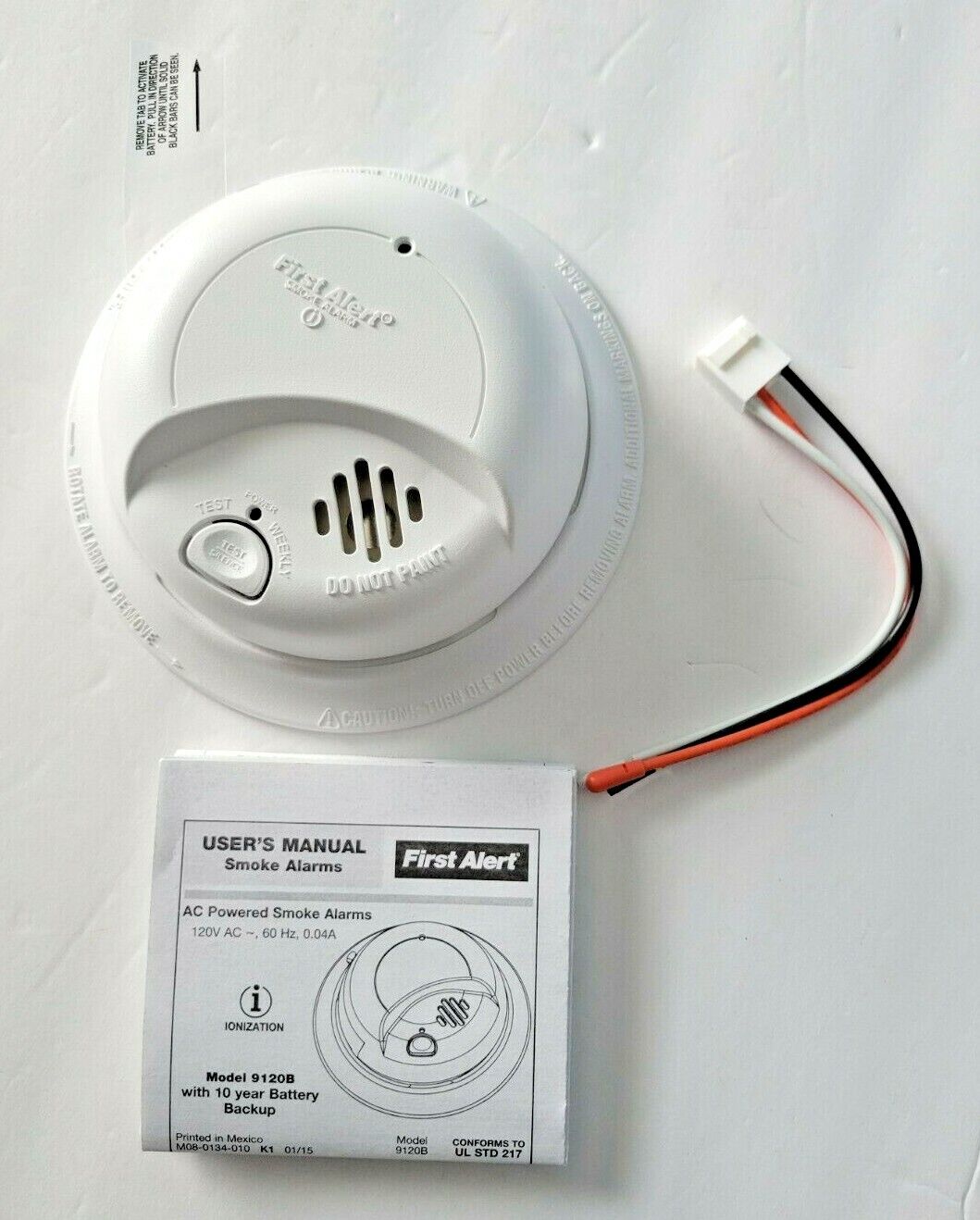
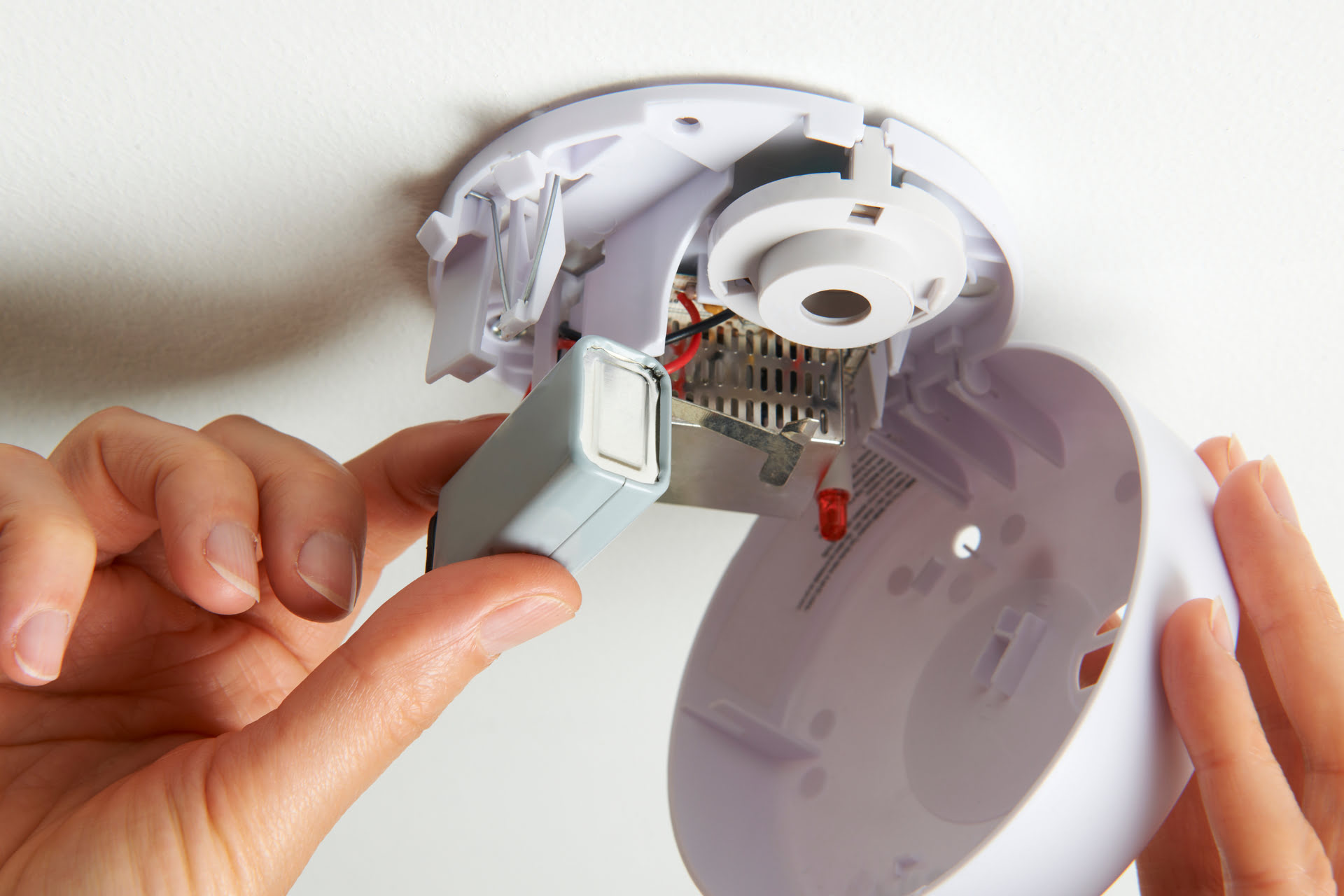
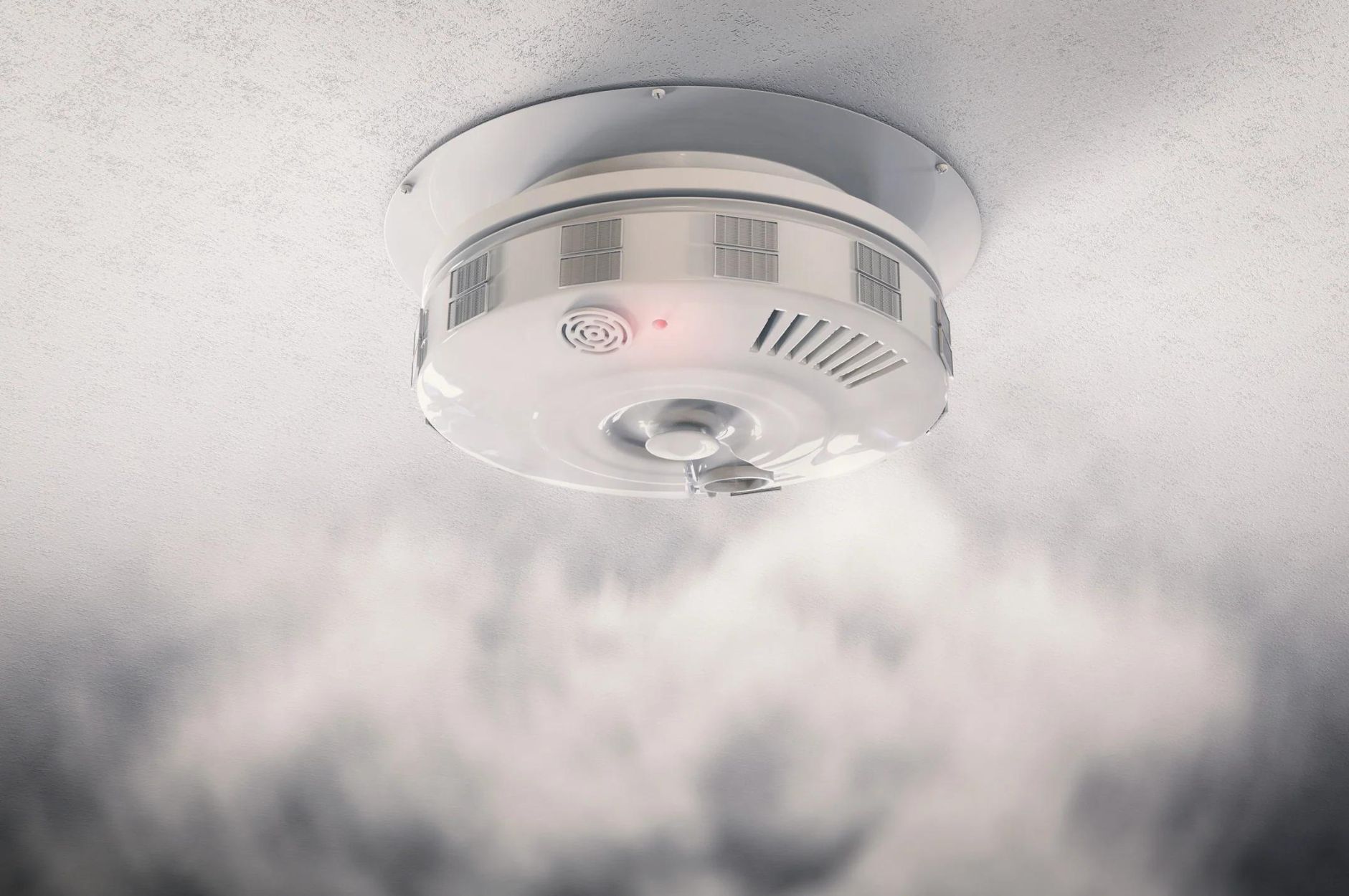
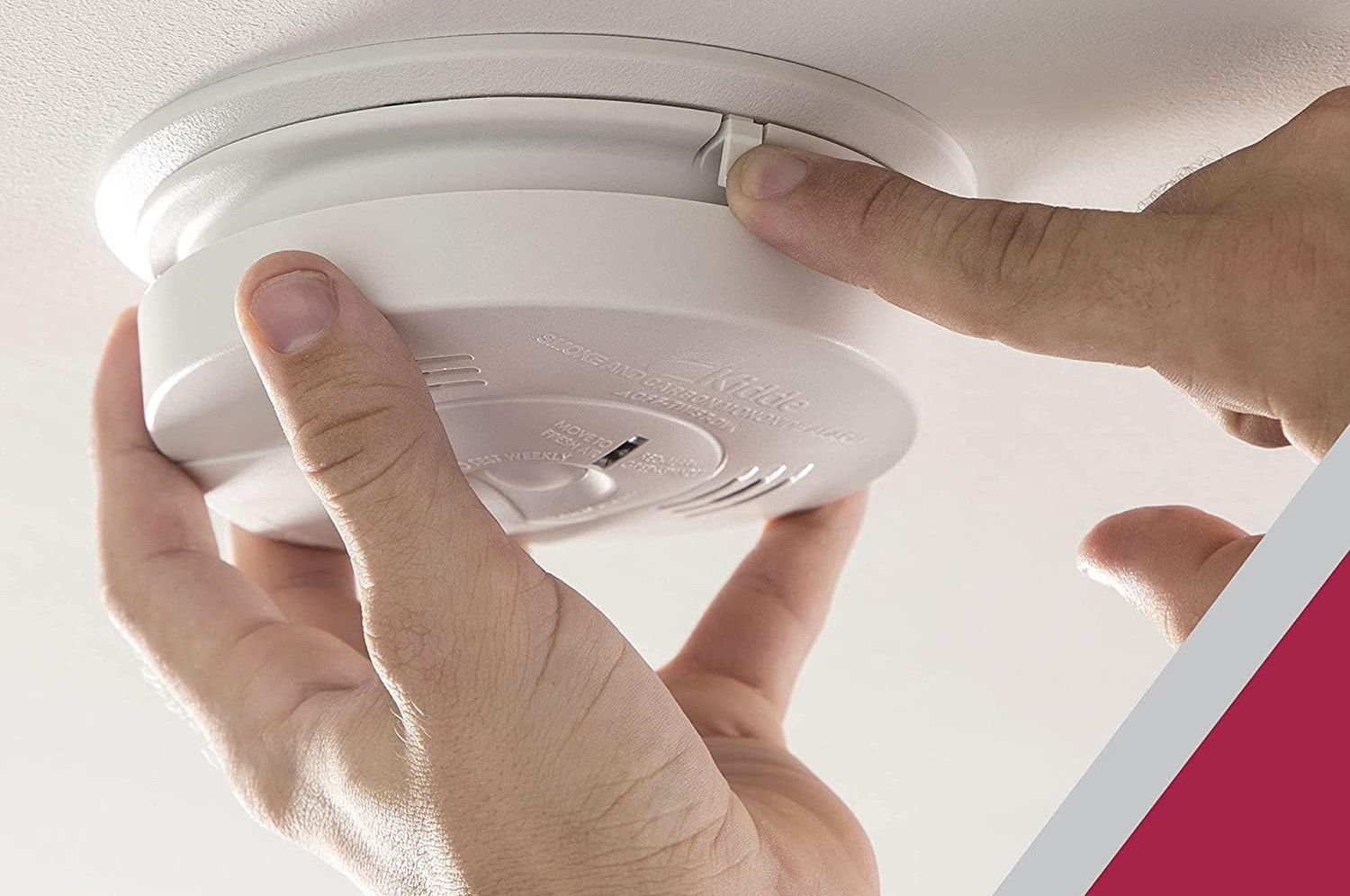
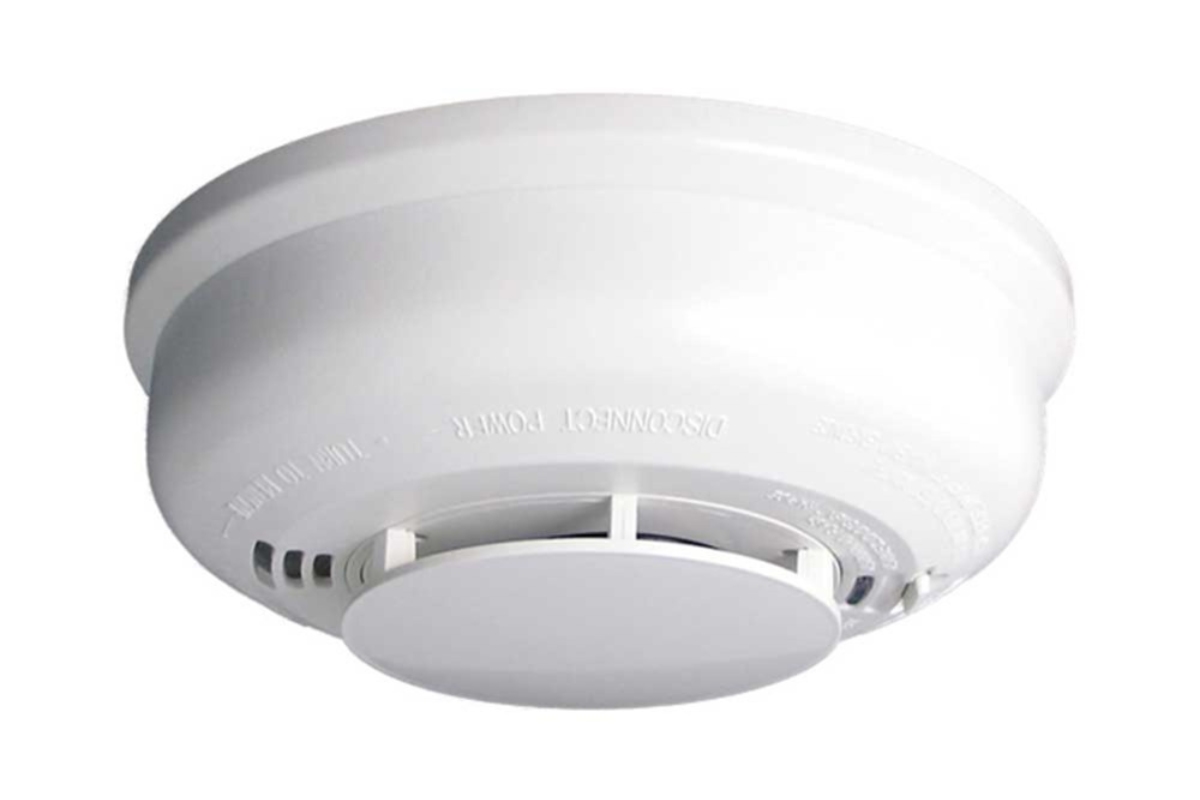
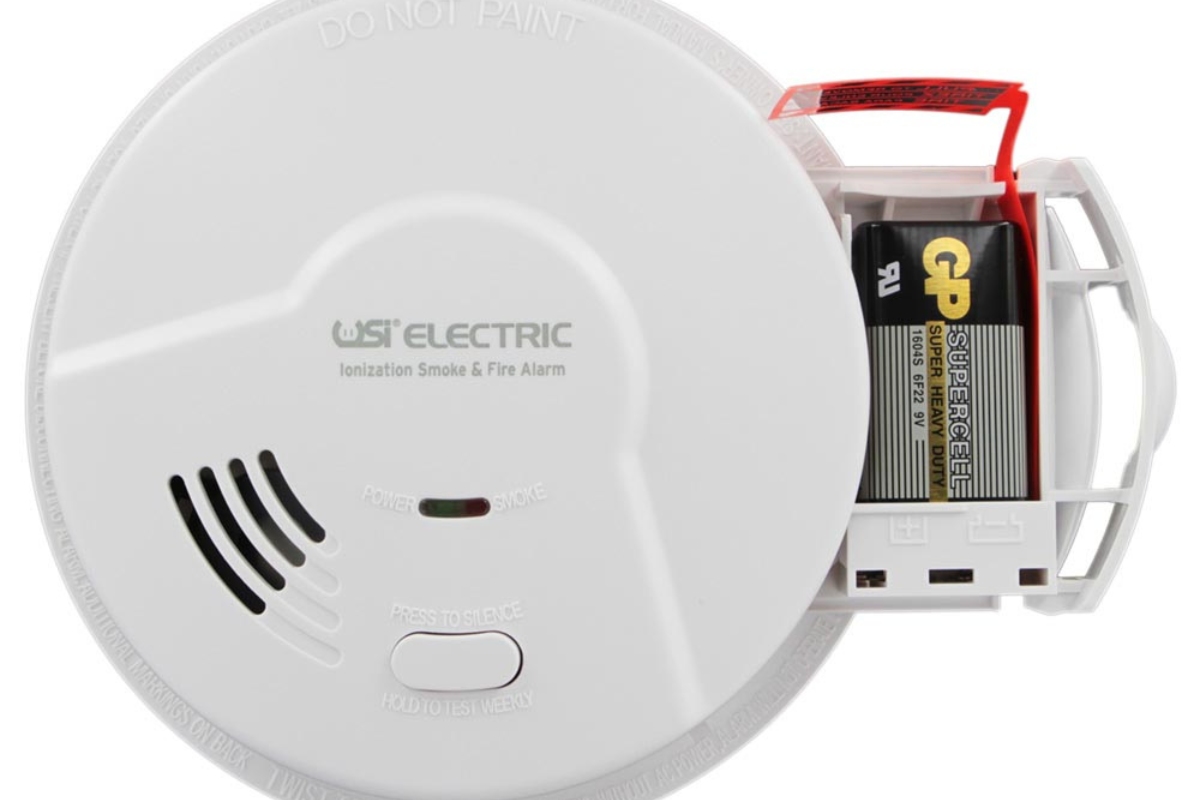
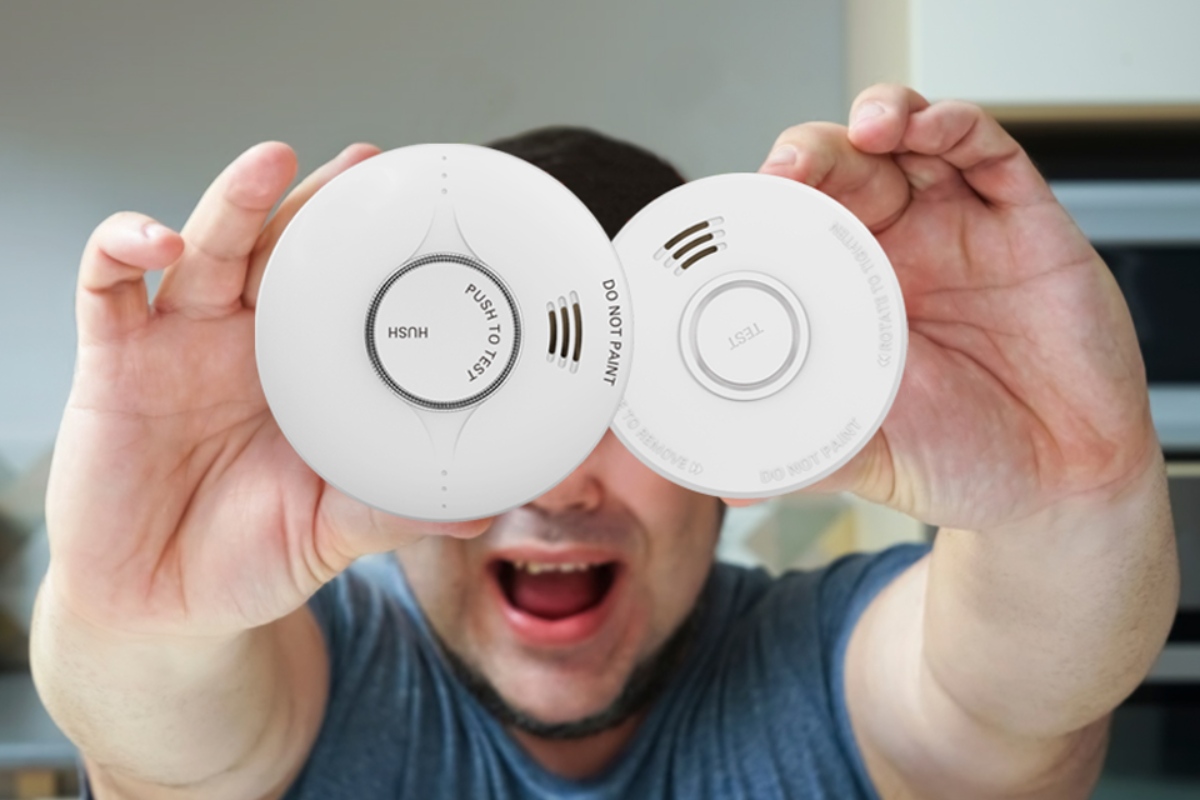
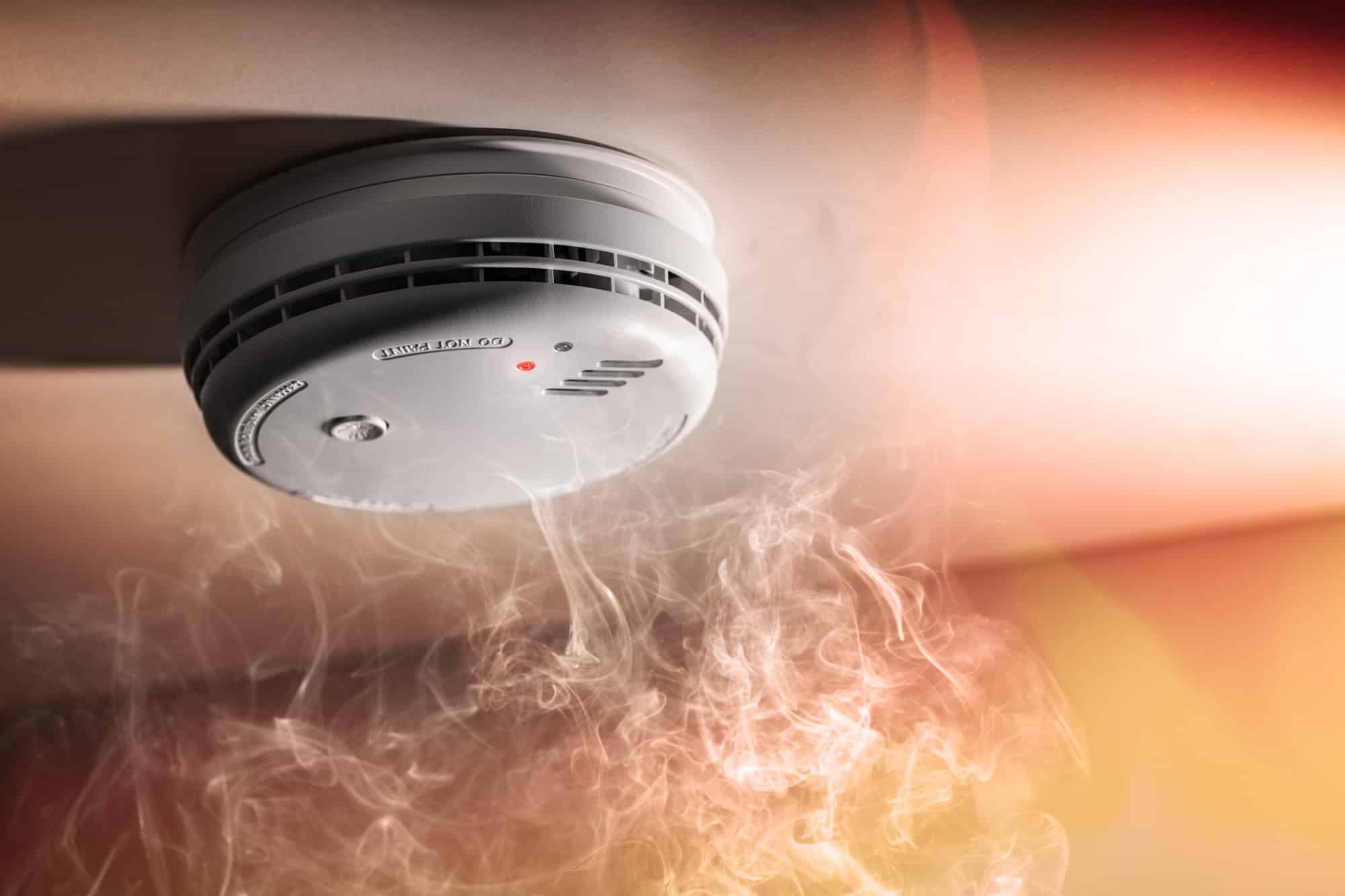
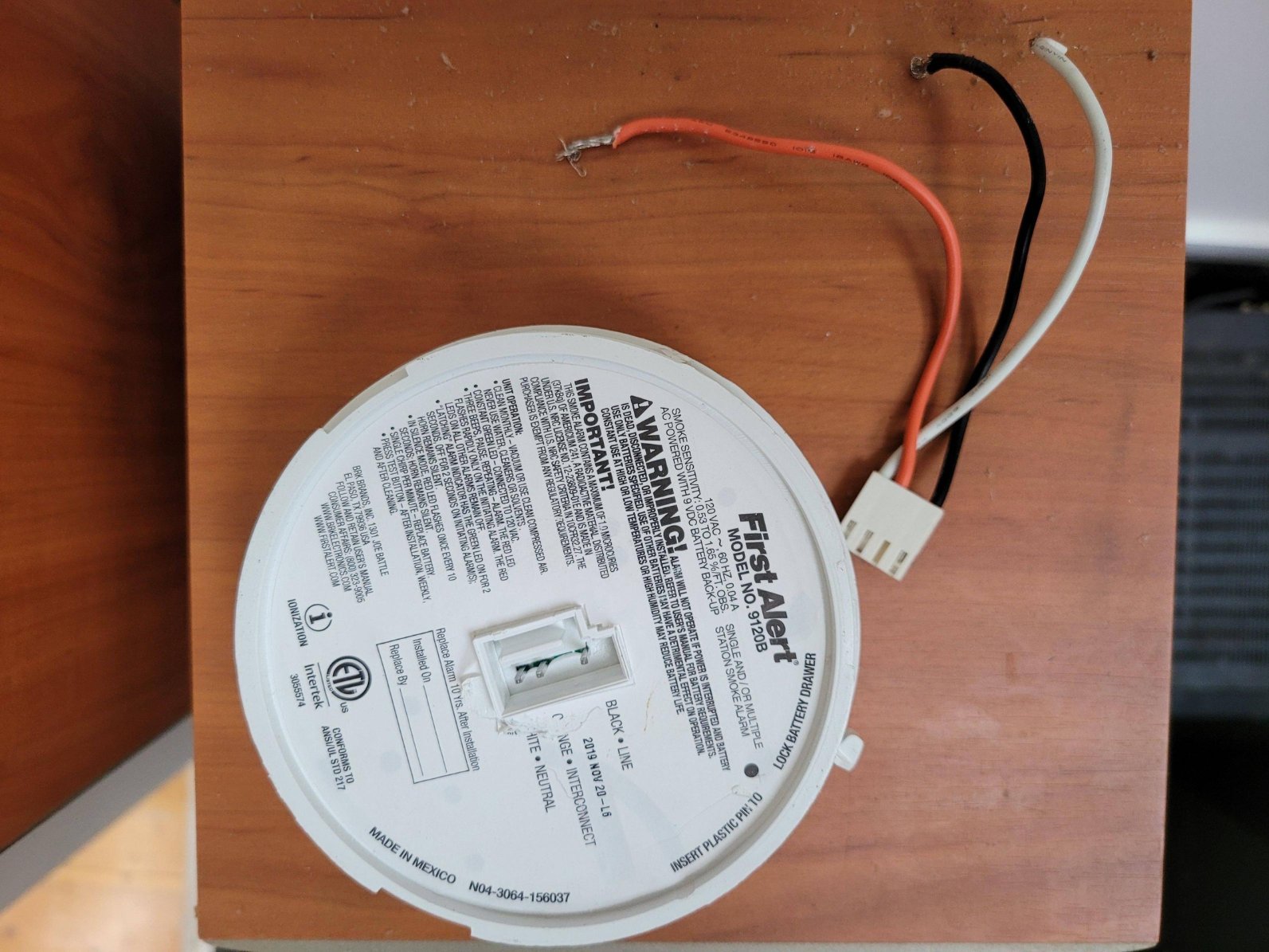

0 thoughts on “What Is A Hardwired Smoke Detector?”